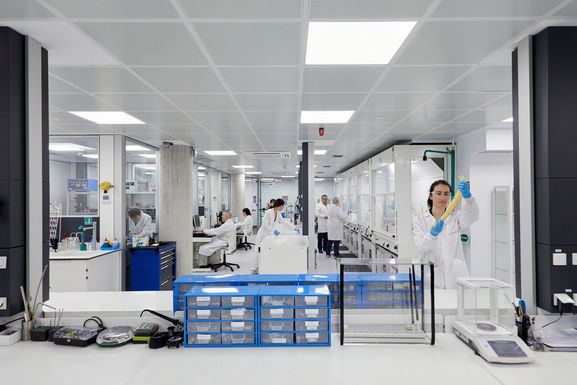They will be more functional than fossil-fuel-based membranes
Separation plays an important role in energy consumption in the chemical processing industry. Distillation and similar techniques account for 10-15% of energy consumption worldwide. Membrane-based separation techniques have the potential for far lower energy consumption compared to heat distillation.
Membrane-based separation techniques require materials having specific functional qualities, such as permanence and selectivity. These materials must be resistant to potential contaminants such as CO2, H2S, volatile organic compounds (VOCs), O2, NH4 and alkanes, as well as to high-pressure processing conditions (10-18 bars) and variations in temperature. They also need to provide a stable yield over the long term (more than 10 years).
BIOCOMEM initiative
TECNALIA will process new bio-based copolymer precursors in monolithic hollow-fibre membranes with enhanced mechanical, thermal and permeation properties.
Under the BIOCOMEM project, eight public and private sector partners will develop bio-based gas separation membranes using advanced function polyether-block-amide (PEBA) copolymers.
These gas separation membranes have a higher proportion of bio-based material and greater processability in hollow-fibre monolithic membranes. They also have a higher gas separation yield and greater resistance to chemical attack (ageing).
Further information:

This project has received funding from the European Union's Horizon 2020 research and innovation program under grant agreement No. 887075.

